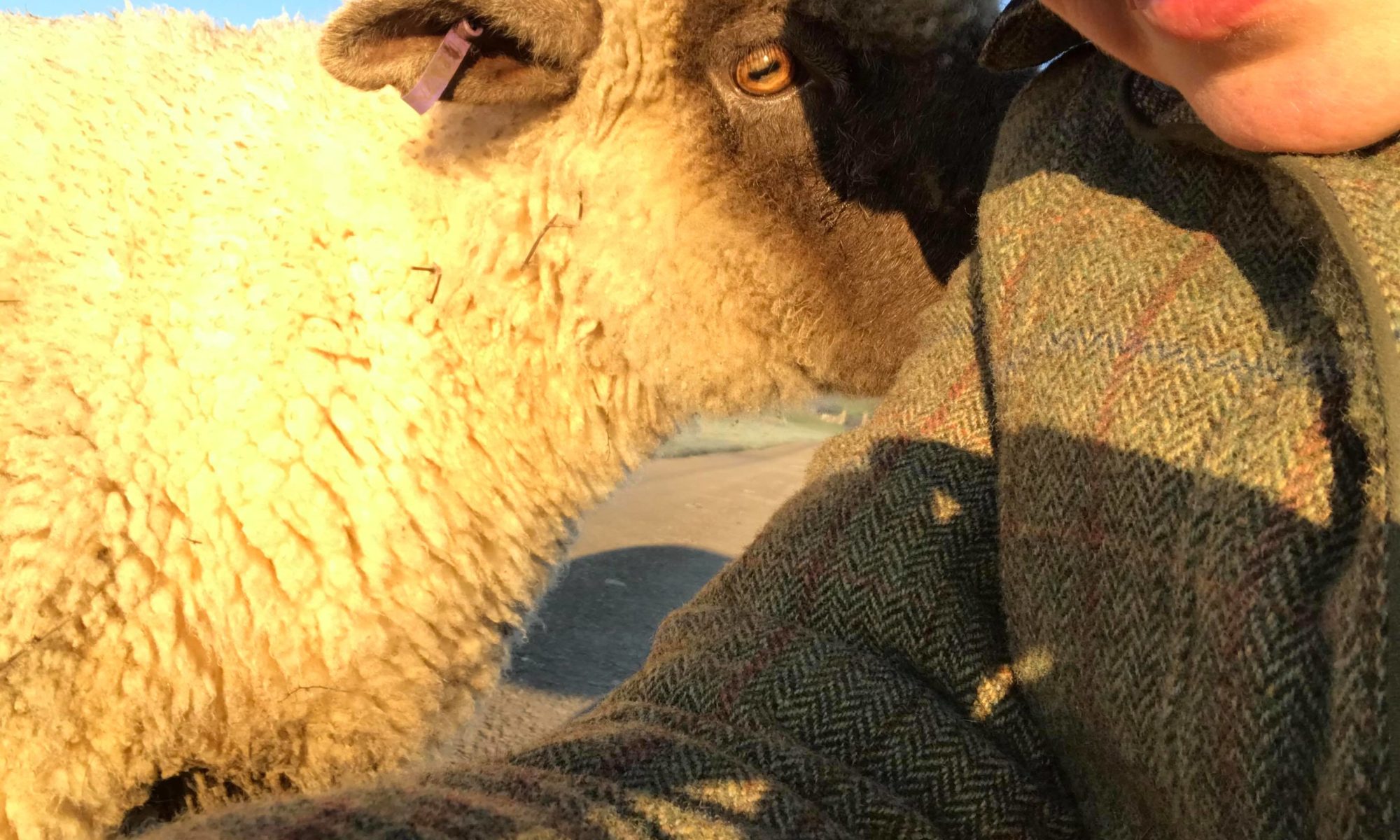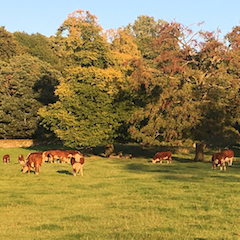However, in happy contrast, another recent report highlights a whole body of research work, observation and thinking which does this and, for us at least, improves our understanding of how that new “buzzword” – the microbiome – can be viewed from a Whole Health Agriculture perspective.
Writing in “The Conversation”, Jake M Robinson, a landscape researcher at the University of Sheffield, explains that “biodiversity loss could be making us sick”. Here are some of the key points he makes:
– Most of us know that we are losing biodiversity at a massive rate. But we may not realise that microbial diversity is a large part of that biodiversity loss. “And these microbes – bacteria, viruses and fungi, among others – are essential for maintaining healthy ecosystems. Because humans are a part of these ecosystems, our health also suffers when they vanish, or when barriers reduce our exposure to them.”
– Many people now realise that our bodies “harbour distinct microbiomes – vast networks of microbes”. “The human gut alone harbours up to 100 trillion microbes, which outnumbers our own human cells. Our microbes provide services that are integral to our survival, such as processing food and providing chemicals that support brain function.”
– However, there is less recognition that “Contact with a diverse range of microbes in our environment is also essential for bolstering our immune system. Microbes found in environments closer to the ones we evolved in, such as woodlands and grasslands, are called “old friend” microbes by some microbiologists. That’s because they play a major role in “educating” our immune systems.
– Part of our immune system is fast-acting and non-specific, which means it attacks all substances in the absence of proper regulation. Old friend microbes from our environment help provide this regulatory role. They can also stimulate chemicals that help to control inflammation and prevent our bodies from attacking our own cells, or innocuous substances like pollen and dust.”
– Exposure to a diverse range of microbes allows our bodies to mount an effective defensive response against pathogens. Another part of our immune system produces tiny armies of “memory cells” that maintain a record of all the pathogens our bodies encounter. This enables a rapid and effective immune response to similar pathogens in the future.
– Just as microbes have important roles in ecosystems, by helping plants grow and recycling soil nutrients, they also provide our bodies with nutrients and health-sustaining chemicals that promote good physical and mental health. This strengthens our resilience when facing diseases and other stressful times in our lives.”









